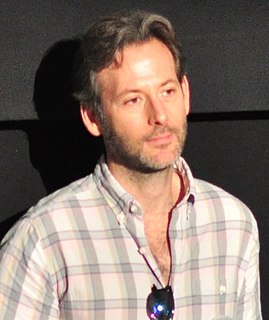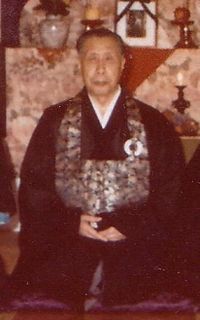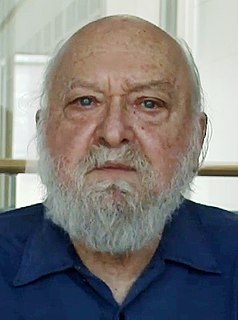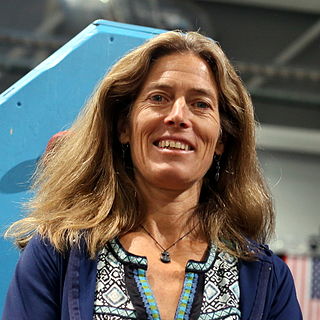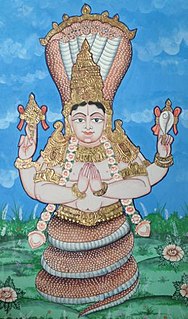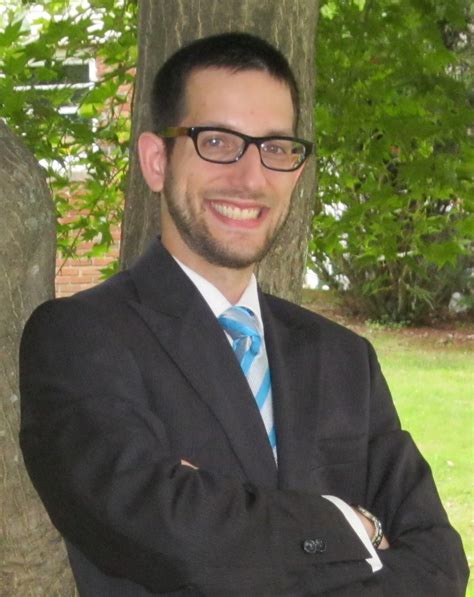A Quote by Walter Bagehot
To a great experience one thing is essential, an experiencing nature.
Quote Topics
Related Quotes
I had an approach where everything that's happening it should be as though it's an experience for somebody. So if you're experiencing a hurricane, if you're experiencing a car crash or whatever it is, you're only experiencing as yourself, you're not experiencing it from some objective point of view.
Experience shows that Being is the essential, basic nature of the mind; but, since It commonly remains in tune with the senses projecting outwards toward the manifested realms of creation, the mind misses or fails to appreciate its own essential nature, just as the eyes are unable to see themselves.
It's an experience like no other experience I can describe, the best thing that can happen to a scientist, realizing that something that has happened in his or her mind exactly corresponds to something that happens in nature. One is surprised that a construct of one's own mind can actually be realised in the honest-to-goodness world out there. A great shock, and a great, great joy.
For me, climbing is a form of exploration that inspires me to confront my own inner nature within nature. It’s a means of experiencing a state of consciousness where there are no distractions or expectations. This intuitive state of being is what allows me to experience moments of true freedom and harmony.
I do believe that one of the major ways that we're out of alignment with our souls is in our disconnect from nature. I feel that we have kind of lost our natural way of being connected to the planet. We need to be rooted on the planet. We experience ourselves as kind of isolated from that, and I actually think that's a great cause of the suffering that many of us are experiencing, whether consciously or unconsciously.
Our Nation, a great stage for the acting out of great thoughts, presents the classic confrontation between Locke's views of the state of nature and Rousseau's criticism of them... Nature is raw material, worthless without the mixture of human labor; yet nature is also the highest and most sacred thing. The same people who struggle to save the snail-darter bless the pill, worry about hunting deer and defend abortion. Reverence for nature, mastery of nature- whichever is convenient.
Suffering, I was beginning to think, was essential to a good life, and as inextricable from such a life as bliss. It’s a great enhancer. It might last a minute, but eventually it subsides, and when it does, something else takes its place, and maybe that thing is a great space. For happiness. Each time I encountered suffering, I believed that I grew, and further defined my capacities – not just my physical ones, but my interior ones as well, for contentment, friendship, or any other human experience.
As we gain satisfaction from artificial substitutes for nature we forget that there is no known substitute for Nature, the real thing and its eons of intelligent, life supportive, experience. Each substitute we create falls short of nature's balanced perfection, thus producing our pollution, garbage and relationship conflicts.
Surely knowledge of the natural world, knowledge of the human condition, knowledge of the nature and dynamics of society, knowledge of the past so that one may use it in experiencing the present and aspiring to the future--all of these, it would seem reasonable to suppose, are essential to an educated man. To these must be added another--knowledge of the products of our artistic heritage that mark the history of our esthetic wonder and delight.

